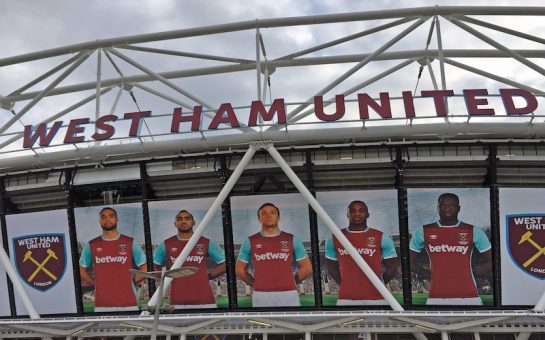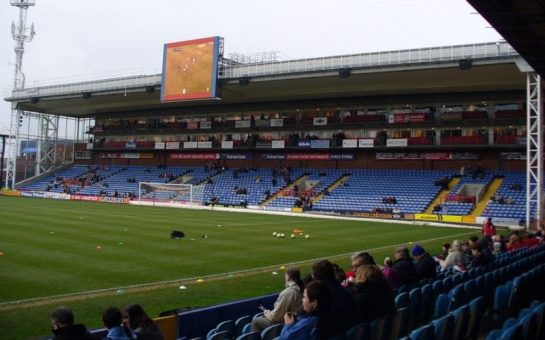Alan Seabrook praised the welcoming atmosphere at the club.

Alan Seabrook began reporting on AFC Wimbledon for the BBC in 2010, soon becoming their regular commentator, both at home and away.
He soon became caught up in the infectious atmosphere and passion that the fans bring to the games, and was as anxious as the manager Neal Ardley when threat of relegation loomed large at the end of last season.
“It was a terrible week,” he said. “I was so nervous and the consequences of them going out of the League didn’t bear thinking about.”
Luckily they survived to begin their third season in August in League Two.
Asked why the Dons’ ground Kingsmeadow has become ‘home’ to him, Seabrook spoke warmly of the characters he has met over the years and the way they have made him feel part of a close community.
“There are many people I can think of that I speak to every week outside of the manager, chairman and fans – the guy on the gate, the lady who serves the tea, the photographer, the team at Radio Wimbledon, the press officer Laurence Lowne, I could go on. Everyone is so friendly and welcoming I look forward to it every week,” he said.
He believes he has ‘access you wouldn’t get at other clubs’, speaking of Neal Ardley and Chairman Erik Samuelson being ‘so accommodating’. The time and freedom Seabrook is allowed would be much more limited at a Premier League club.
Seabrook is very fond of the ‘lovely little ground’ holding just over 4,800, which the fans pack out every week, but realises that it is not big enough to sustain if they want to make it into League One and beyond. Of their bid to return to the stadium in Plough Lane, which they have titled ‘Coming home’, Alan says that Erik Samuelson seems very confident that they have a ‘good claim’.
“I think it would be great to go there and it would help to generate income to get them out of League Two and into League One – it would be built with a view to the future,” he said.
Samuelson certainly seems to be looking to the future, proposing in the manifesto they build a 20,000-seat stadium suitable for Championship level football. Initially it would hold 11,000 which is over double the capacity of Kingsmeadow.
Seabrook’s softly spoken voice and modest demeanour is at odds with his energetic, adrenaline-fuelled commentary, a contrast which he describes as ‘a bit like Jekyll and Hyde’. He loves the ‘theatre’ of sports commentary, the immediacy and the way that radio gives access to a huge range of people who aren’t necessarily able to get to see the match live such as taxi drivers, parents, pensioners and patients.
He tells me a great story of a fan he met on a train who was in hospital during the final game of last season against Fleetwood. The fan managed to turn on the radio and listen to BBC London who were covering the game, meaning he didn’t have to miss out on the match.
That match is Seabrook’s favourite game as commentator.
“Wimbledon had to win to stay up. It was the worst week and the best game. The relief afterwards was enormous,” he said.
After hearing the story second hand, I urged Seabrook to tell me what often happened when he recorded his full time piece live after a win at Kingsmeadow.
“I get a cheer and a round of applause from the surrounding fans. It was embarrassing at first but it is really nice to be appreciated. I just want to get people out of their seats,” he said.
Photo courtesy of grahamc99, with thanks.
Follow us @SW_Londoner




